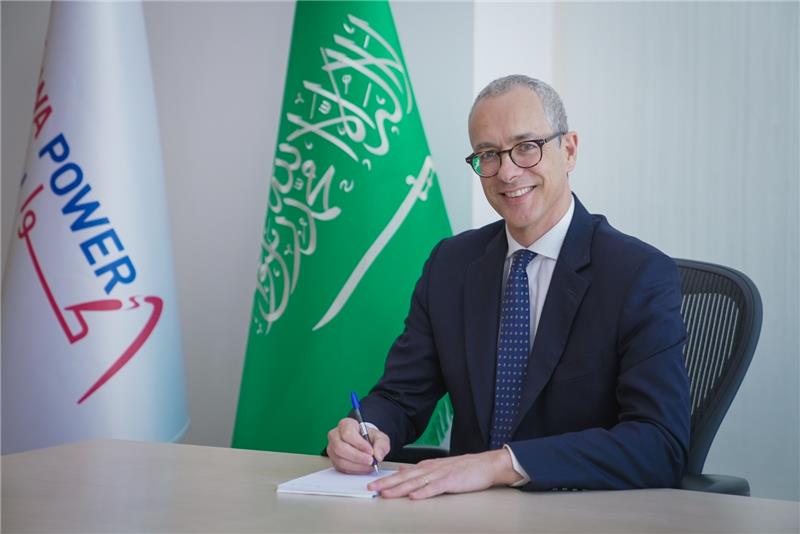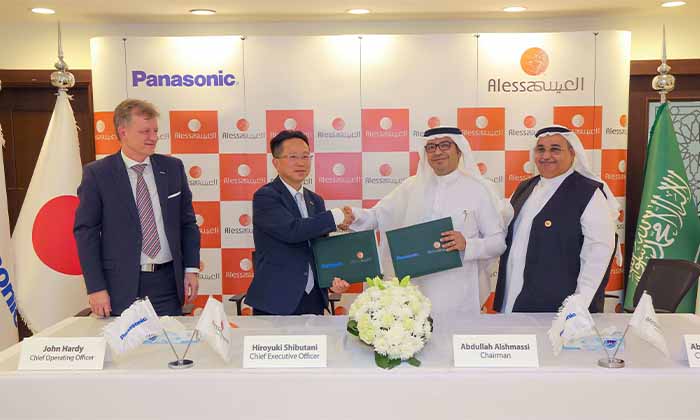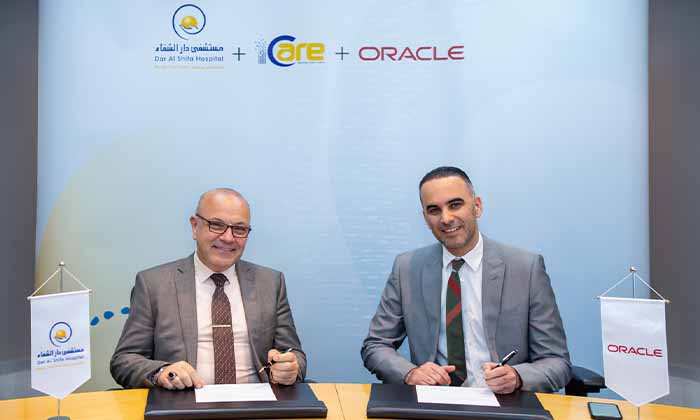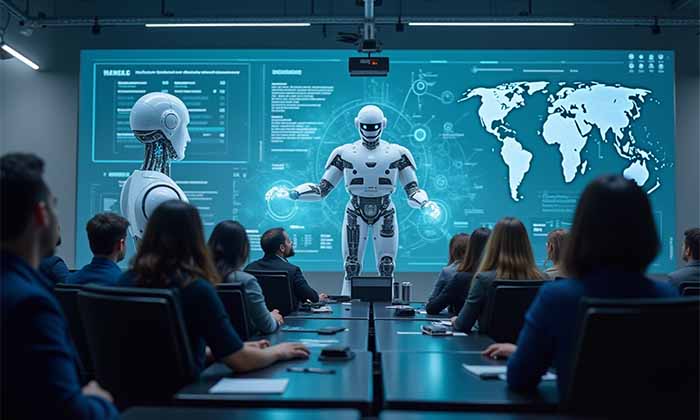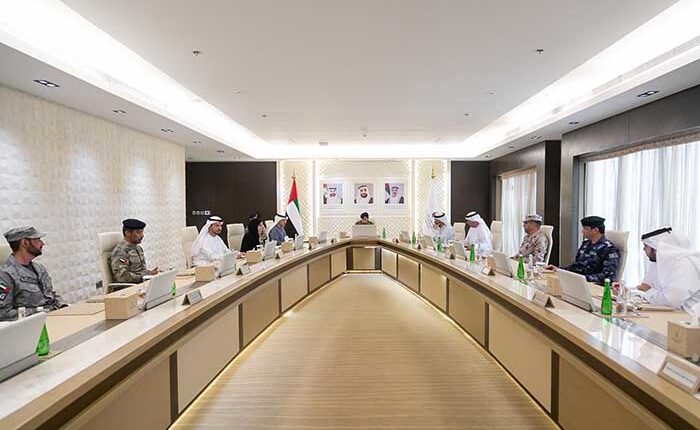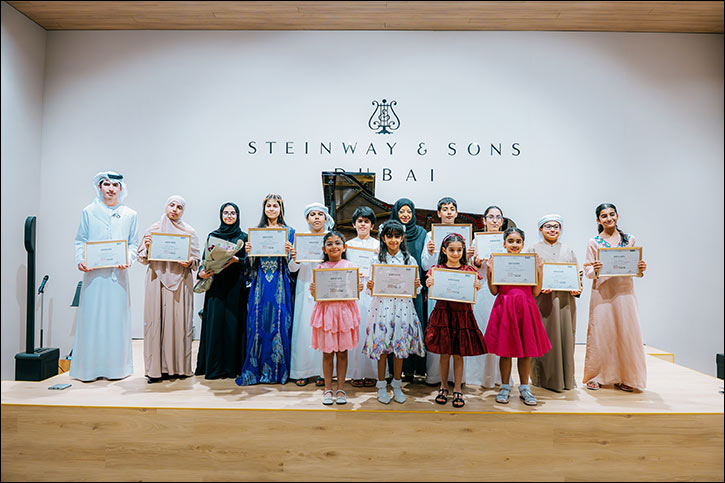- Strategy& announced their partnership with GMIS launching two innovative thought leadership models, Society 5.0 and the New Experience Economy
- The partnership aims to focus on the role of Industry 4.0 in solving global socio-economic challenges and disrupting key sectors, breaking geographical barriers, and driving access to healthcare, education, employment opportunities, sustainable environment and more to enact a successful shift at the turn of disruptive industrialization
- Research and Development programmes will be formulated to ground the vision of the joint collaboration and boost economic growth along disruptive production standards.
- Strategy& experts shared insights and best practices at the fourth edition of the Global Manufacturing and Industrialisation Summit (#GMIS2021), held at EXPO’s Dubai Exhibition Centre from November 22-23
Strategy&, part of the PwC network, and the Global Manufacturing and Industrialisation Summit (GMIS) announced their partnership to advance Research and Development across two disruptive models to foster inclusive access and outreach thereby effectively breaking structural obstacles in healthcare, education, employment, sustainable environment and more.
The Age of Disruption is well underway, with states worldwide now inspired to reimagine socio-economic models in an inclusive and sustainable way and redefine the coexistence between societies and industries. Together, the two models Society 5.0, and the New Experience Economy hold the reins to enact global prosperity through cutting-edge technologies for citizens worldwide to flourish whilst ensuring that industries evolve at high-growth, along sustainable grounds.
Society 5.0 envisions a super smart and knowledge-intensive society that leverages technological innovations to solve socioeconomic challenges. This human centric model creates interconnected and personalized experiences across the physical and virtual world for societies, industries and businesses to flourish. This model will effectively emancipate urban and remote demographics, marking a hard shift from traditional models and filled with creative possibilities for high-industrial growth as we navigate into the future.
Dima Sayess, Partner with Strategy& and the lead of the firm’s Ideation Center in the Middle East said: “Together with the Global Manufacturing and Industrialisation Summit, we have provided a pragmatic approach to embedding Society 5.0 advanced technologies to ensure citizens’ holistic well-being by bridging the physical and digital worlds. This hybrid framework pushes the boundaries of technology and Research & Development and ensures their permeation across 10 key well-being components, including healthcare, education, the economy and the surrounding environments. People of all backgrounds, including those with physical, societal, and geographic barriers will be supported by a knowledge-intensive and sustainable model that creates more opportunities, more inclusion, and more resilience.”
Through this partnership, Strategy& and GMIS has also launched the New Experience Economy, that focuses on the utilization of new technologies to disrupt nine sectors, including education, healthcare, transport, and tourism, among others including education, healthcare, transport. The New Experience Economy model relies on the intricate potential of staging experience as a means to provoke rapid economic growth along sustainable grounds.
“Soaring expectations by customers, and in general by citizens — and the technology required to meet them — are shaping the future of product and service development and revolutionizing the interactions between governments, corporates and citizens,” said Alessandro Borgogna, Partner with Strategy& in the Middle East. “For businesses and governments, the pressure is paramount to deliver on a more personalized, engaging, and seamless journey for their stakeholders. Those governments and companies that innovate and adapt their offering to their stakeholders’ needs can build a more human-centric, vibrant, engaging and sustainable society for the long term,”he added.
The MoU signing with Strategy & reflects the outcome and lasting legacy of #GMIS2021 and highlights the Summit’s commitment to delivering long-term strategic results and value that will contribute to the sustainability, development and wellbeing of societies around the world.
Badr Al-Olama, Head of the GMIS Organising Committee said: “These are times of exciting prospects for global prosperity. We are faced with new ways of imagining our interaction with our environment, encompassing all aspects of citizens’ well-being, which carry immense potential for empowering societies at a global level, and for creative minds to drive unique economic growth across a panoply of diverse economic experiences. The Memorandum of Understanding with Strategy& is an exciting venture to bridge barriers, drive new ideas, and inspire societies worldwide for the benefit of all humanity.”
Under the theme – ‘Rewiring Societies: Repurposing Digitalisation for Prosperity,’ the #GMIS2021 Summit took place on November 22-23 and gathered a cross-section of close to 250 global leaders from the public and private sector. The first day of the Summit featured a series of keynote addresses and panel sessions involving Heads of State, Ministers, and thought leaders from some of the world’s leading organisations. Discussions focused on critical topics including Society 5.0, the digitalisation of the power sector and ways to best interpret data intelligence, but also the potential for digital transformation to serve economic prosperity.
Discussions on the second day of the Summit focused on the major issues facing the manufacturing sector and explored how twin (green and digital) transition rallies innovation and sustainability together with Industry 4.0 technologies. UAE senior industry leaders discussed the country’s industrial strategy to boost industrial productivity through Operation 300bn, the National Strategy for Industry and Advanced Technology. Further insights were shared on the future of governance and global prosperity and the need to adapt healthy and safety measures in confrontation to cyber-physical environments. There was also a series of working group sessions which involved high-level representatives from industry and world-renowned organisations to discuss the development of a number of new initiatives the Summit plans to launch in the near future.
END
